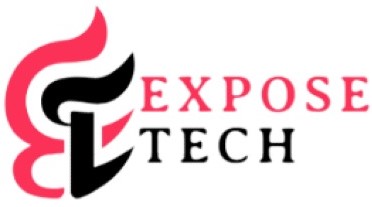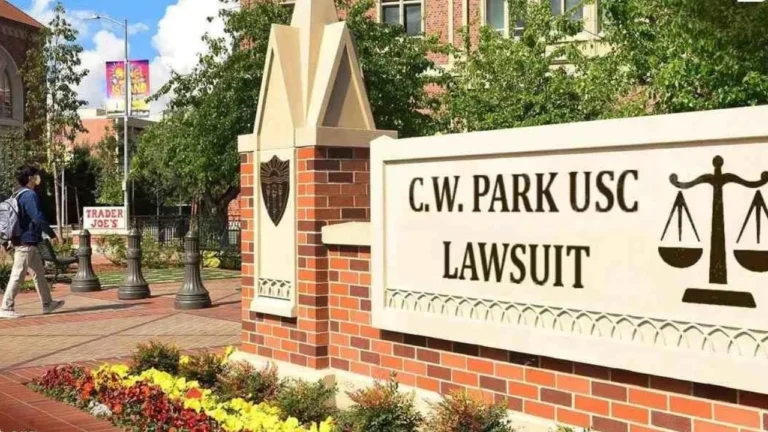In the area of academia, integrity is the cornerstone upon which know-how and believe are built. However, what happens while allegations of academic misconduct surface, tarnishing the popularity of esteemed establishments and people alike? Such is the case with the current lawsuit regarding Professor C.w. park usc lawsuit and the University of Southern California (USC). In this article, we delve into the intricacies of the lawsuit, exploring its origins, implications, and the wider conversations it ignites in the educational community.
The Allegations
The saga started out while USC, a prestigious institution renowned for its academic excellence, observed itself embroiled in controversy. Allegations emerged accusing Professor C.w. park usc lawsuit, a reputable college member in the Marshall School of Business, of academic misconduct. The accusations levied in opposition to C.w. park usc lawsuit ranged from plagiarism to the falsification of research data, sending shockwaves thru the educational global and casting doubt upon the integrity of his scholarly contributions.
The Lawsuit Unfolds
As information of the allegations unfold, Professor C.w. park usc lawsuit took decisive movement, filing a lawsuit against USC for defamation and wrongful termination. His prison crew argued that the college’s handling of the situation had irreparably damaged C.w. park usc lawsuit reputation and career prospects, warranting massive reimbursement. The lawsuit thrust the intricacies of academic integrity into the highlight, prompting soul-looking conversations about the obligations of establishments in upholding scholarly requirements at the same time as safeguarding the rights of faculty contributors.
Legal and Ethical Considerations
Central to the criminal war are complicated questions surrounding instructional freedom, due process, and institutional responsibility. While universities have a obligation to uphold instructional integrity and investigate allegations of misconduct, they ought to additionally make certain that the rights of accused school individuals are reputable in the course of the manner. The lawsuit underscores the delicate balance among protecting the integrity of educational studies and retaining the professional reputations of people ensnared in allegations of misconduct.
The Ripple Effect
Beyond the confines of USC and Professor C.w. park usc lawsuit legal dispute lies a broader verbal exchange approximately the state of instructional integrity in better schooling. Instances of misconduct, whether demonstrated or alleged, erode agree with inside academic groups and undermine the credibility of scholarly research. The lawsuit serves as a stark reminder of the importance of sturdy mechanisms for making sure the integrity of educational work and keeping people and establishments accountable whilst breaches arise.
Navigating the Fallout
In the wake of the lawsuit, USC faces the daunting mission of rebuilding agree with and reaffirming its commitment to instructional excellence. Transparency, accountability, and a steadfast determination to upholding rigorous standards of integrity could be paramount in restoring the university’s popularity tarnished by using the allegations against Professor C.w. park usc lawsuit. Moreover, the case serves as a cautionary story for other educational establishments, highlighting the want for proactive measures to save you, come across, and address instances of misconduct earlier than they boost into complete-blown crises.
Lessons Learned
As the criminal court cases spread and the instructional community grapples with the fallout, there are treasured training to be gleaned from the C.w. park usc lawsuit. Firstly, it underscores the significance of fostering a way of life of integrity and ethical behavior inside instructional establishments, in which honesty, transparency, and accountability are non-negotiable. Secondly, it emphasizes the need for sturdy policies and strategies for handling allegations of misconduct, ensuring that investigations are performed impartially and that due technique is afforded to all events involved. Finally, it serves as a reminder that instructional integrity is a collective responsibility that requires the lively engagement of college, administrators, and students alike.
Conclusion
The C.w. park usc lawsuit stands as a cautionary story, reminding us of the fragility of educational integrity and the profound outcomes of its erosion. As the legal struggle unfolds, it activates soul-searching conversations approximately the duties of establishments in upholding scholarly standards and safeguarding the rights of school participants. Ultimately, it’s far incumbent upon the whole instructional network to uphold the concepts of integrity, honesty, and moral behavior, ensuring that the pursuit of expertise stays untainted with the aid of the threat of misconduct.

